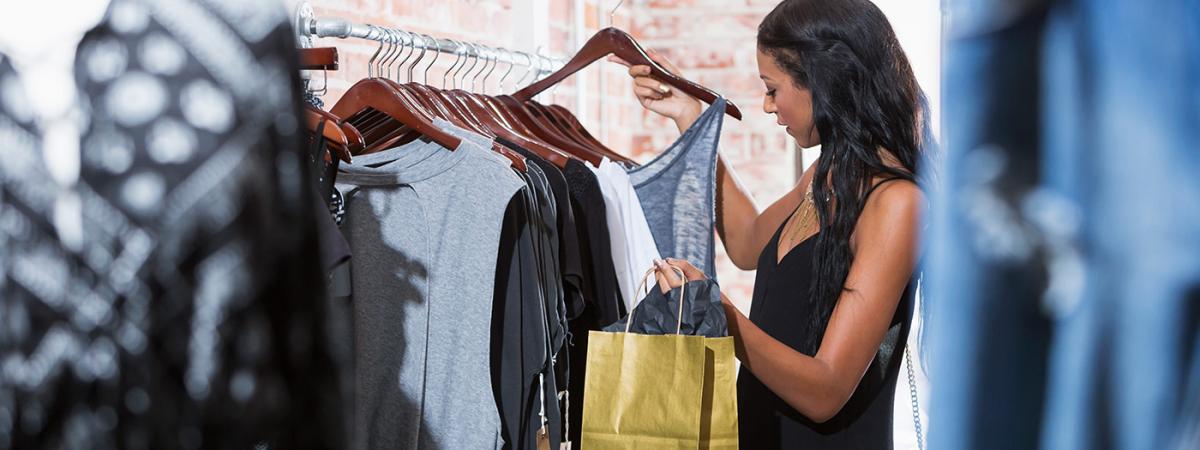Discrimination endured by black shoppers forces them to downplay their race or shy away from an activity among the most common and celebrated in American culture, according to new research.
The study, “Shopping While Black,” published in the Journal of Consumer Culture, details how African-Americans experience and adapt to an often-uninviting retail landscape.
 Cassi Pittman
“Money is portrayed as a great equalizer. This research contests that idea,” said Cassi Pittman, study author and an assistant professor of sociology at Case Western Reserve University. “The privileges and entitlements that come with economic resources are often not afforded to African-American shoppers.”
Based on interviews with 55 middle-class African-American shoppers in the New York City area:
Cassi Pittman
“Money is portrayed as a great equalizer. This research contests that idea,” said Cassi Pittman, study author and an assistant professor of sociology at Case Western Reserve University. “The privileges and entitlements that come with economic resources are often not afforded to African-American shoppers.”
Based on interviews with 55 middle-class African-American shoppers in the New York City area:
For more information, contact Daniel Robison at daniel.robison@case.edu
 Cassi Pittman
“Money is portrayed as a great equalizer. This research contests that idea,” said Cassi Pittman, study author and an assistant professor of sociology at Case Western Reserve University. “The privileges and entitlements that come with economic resources are often not afforded to African-American shoppers.”
Based on interviews with 55 middle-class African-American shoppers in the New York City area:
Cassi Pittman
“Money is portrayed as a great equalizer. This research contests that idea,” said Cassi Pittman, study author and an assistant professor of sociology at Case Western Reserve University. “The privileges and entitlements that come with economic resources are often not afforded to African-American shoppers.”
Based on interviews with 55 middle-class African-American shoppers in the New York City area:
- 80 percent reported experiencing racial stigma and stereotypes when shopping;
- 59 percent reported being perceived as a shoplifter;
- 52 percent said they received poor or no service;
- 52 percent reported being perceived as poor.
- Being followed around the store;
- Told the location of the store’s sale section unprompted;
- Ignored, made to wait and skipped over for non-minority customers;
- Told the price of expensive clothing items before asking or trying them on.
- Cultivating a relationship with a particular salesperson or store, a strategy complicated by high rates of retail turnover;
- Making an effort to look affluent or dressing conservatively to avoid attention;
- Refusing to buy anything if feeling discriminated against;
- Buying an item they did not originally intend to, just to show they “belonged.”
For more information, contact Daniel Robison at daniel.robison@case.edu


